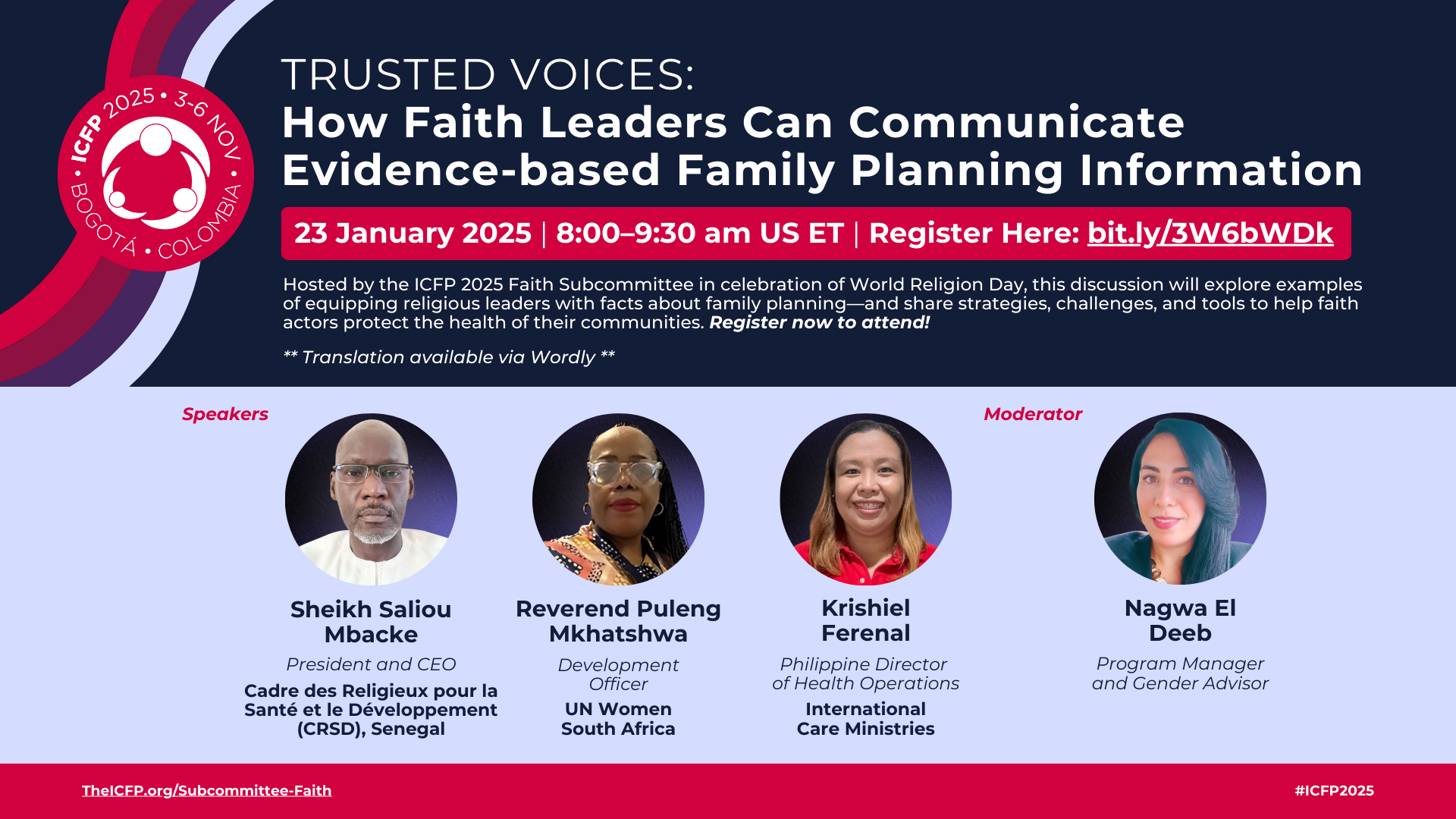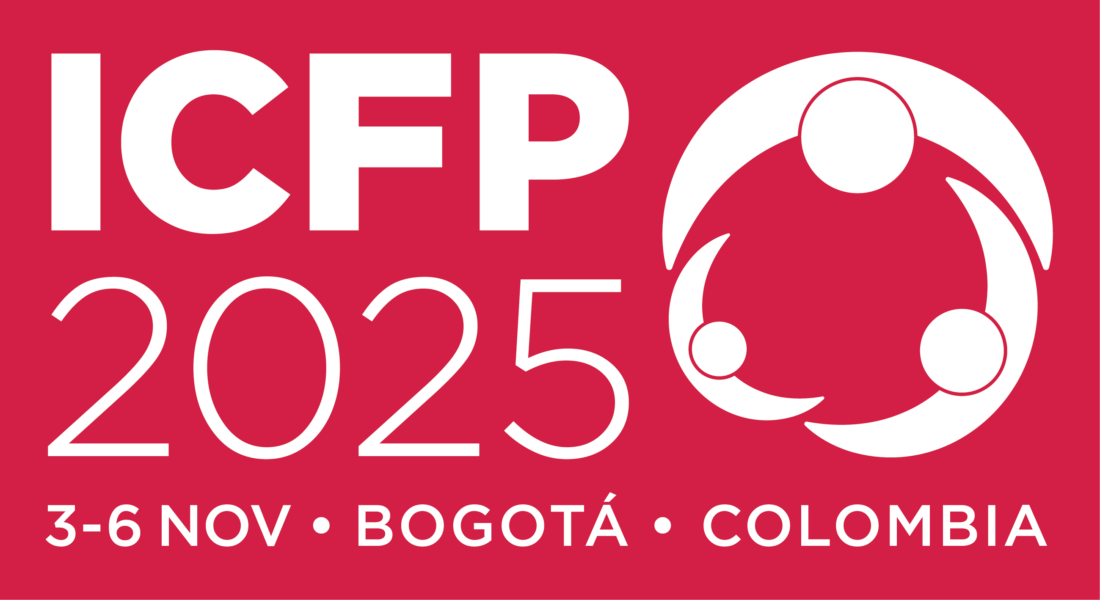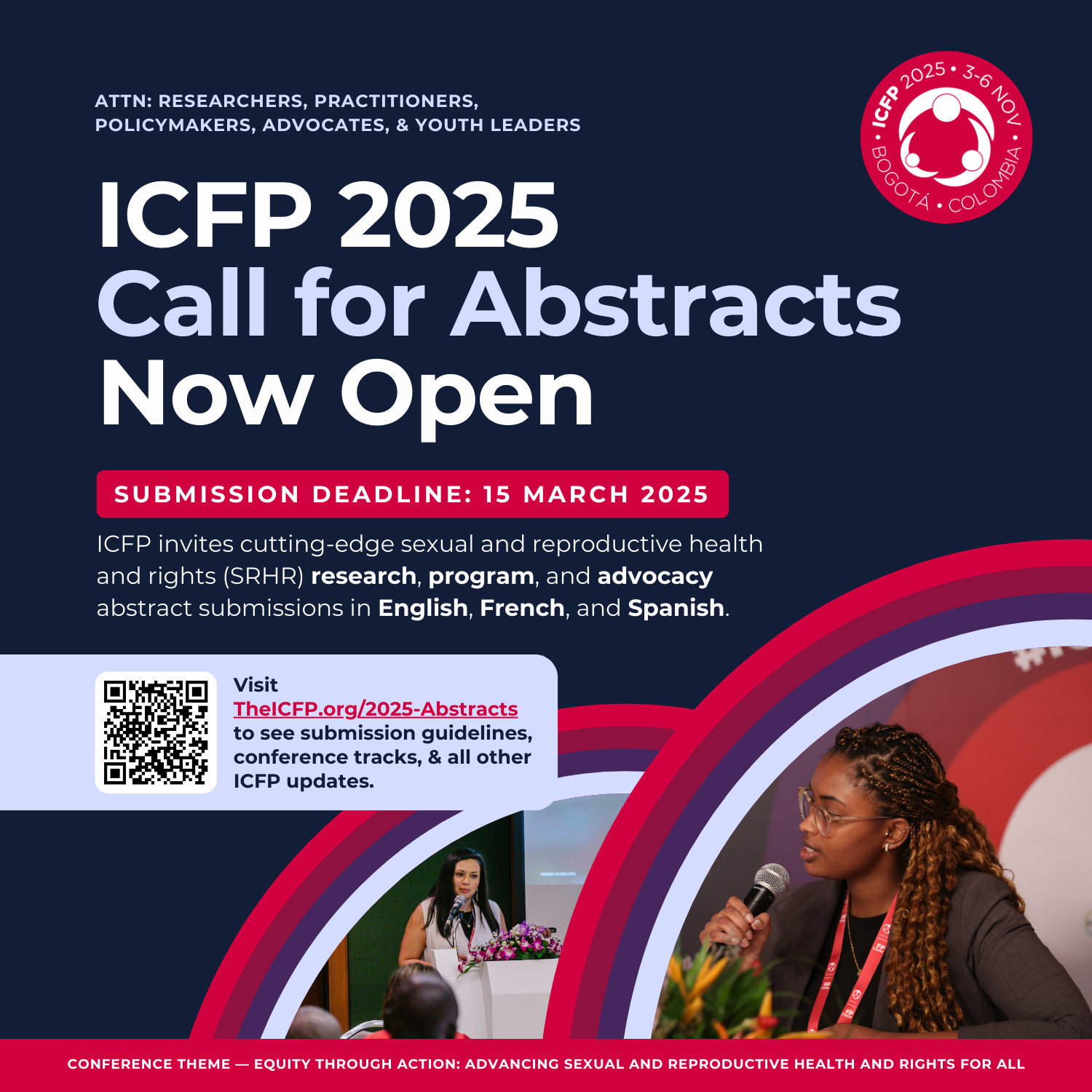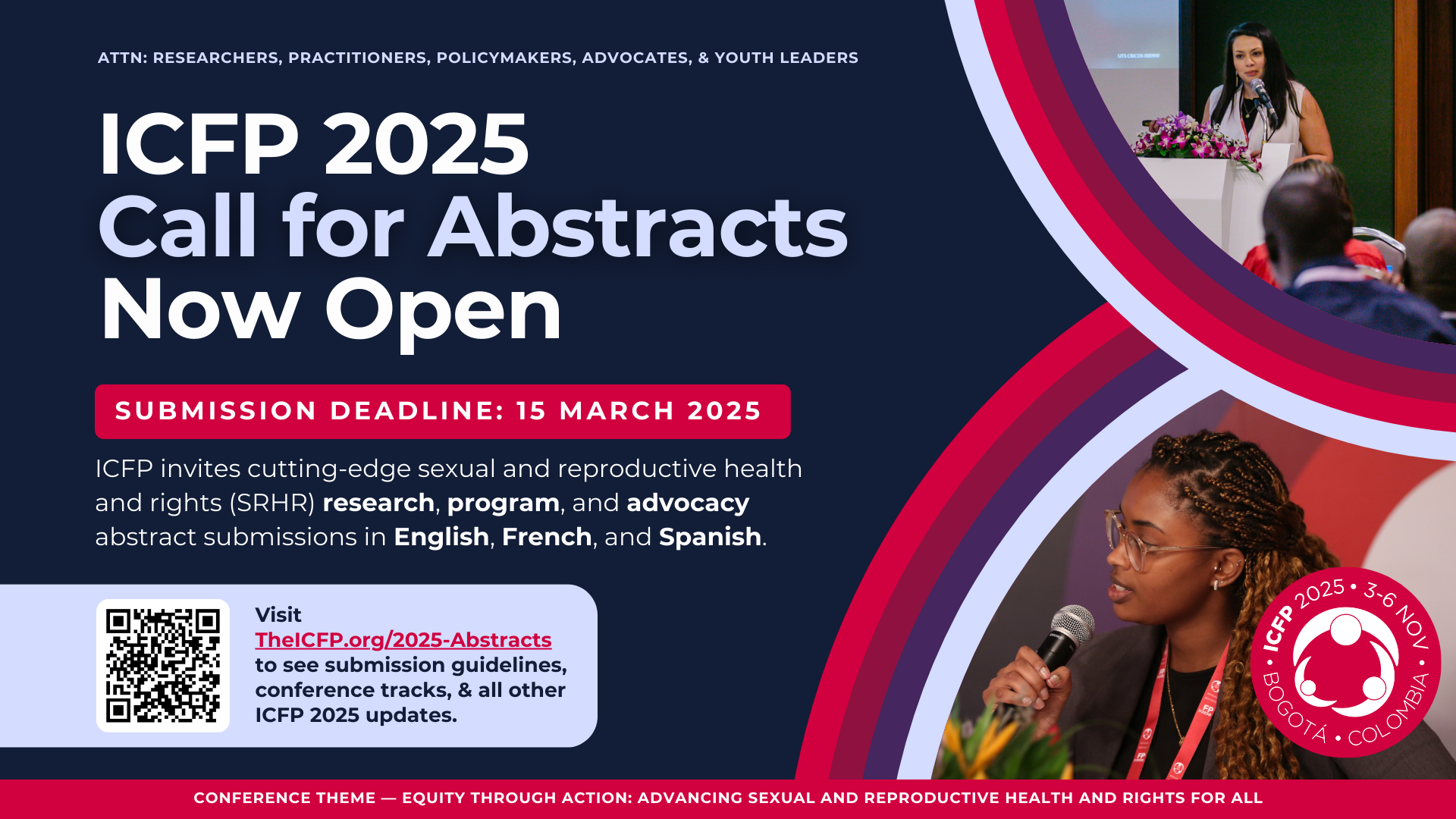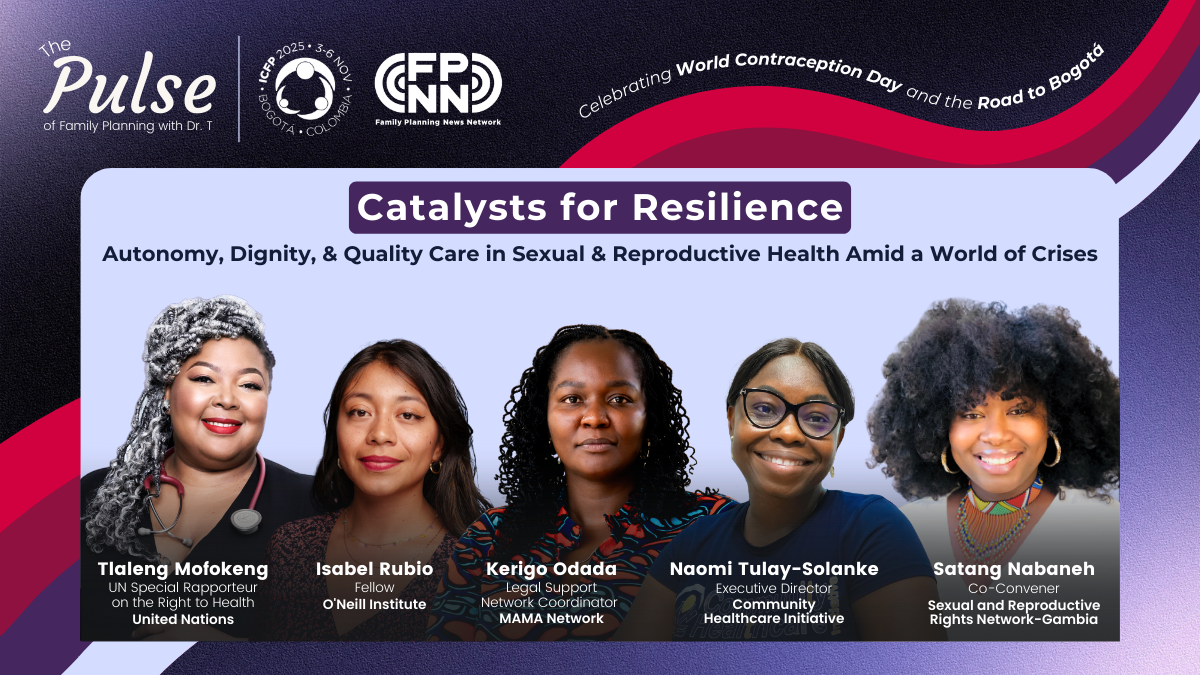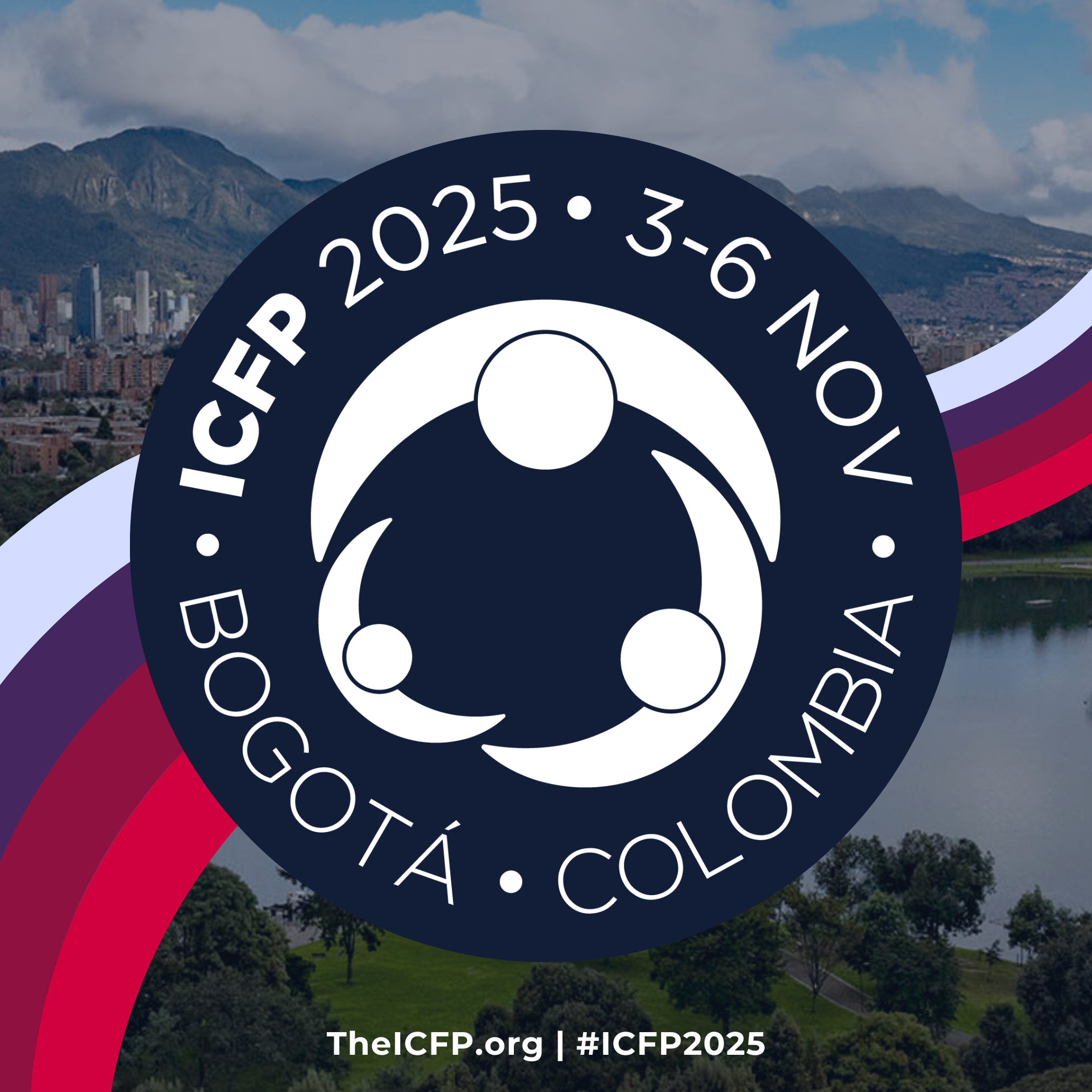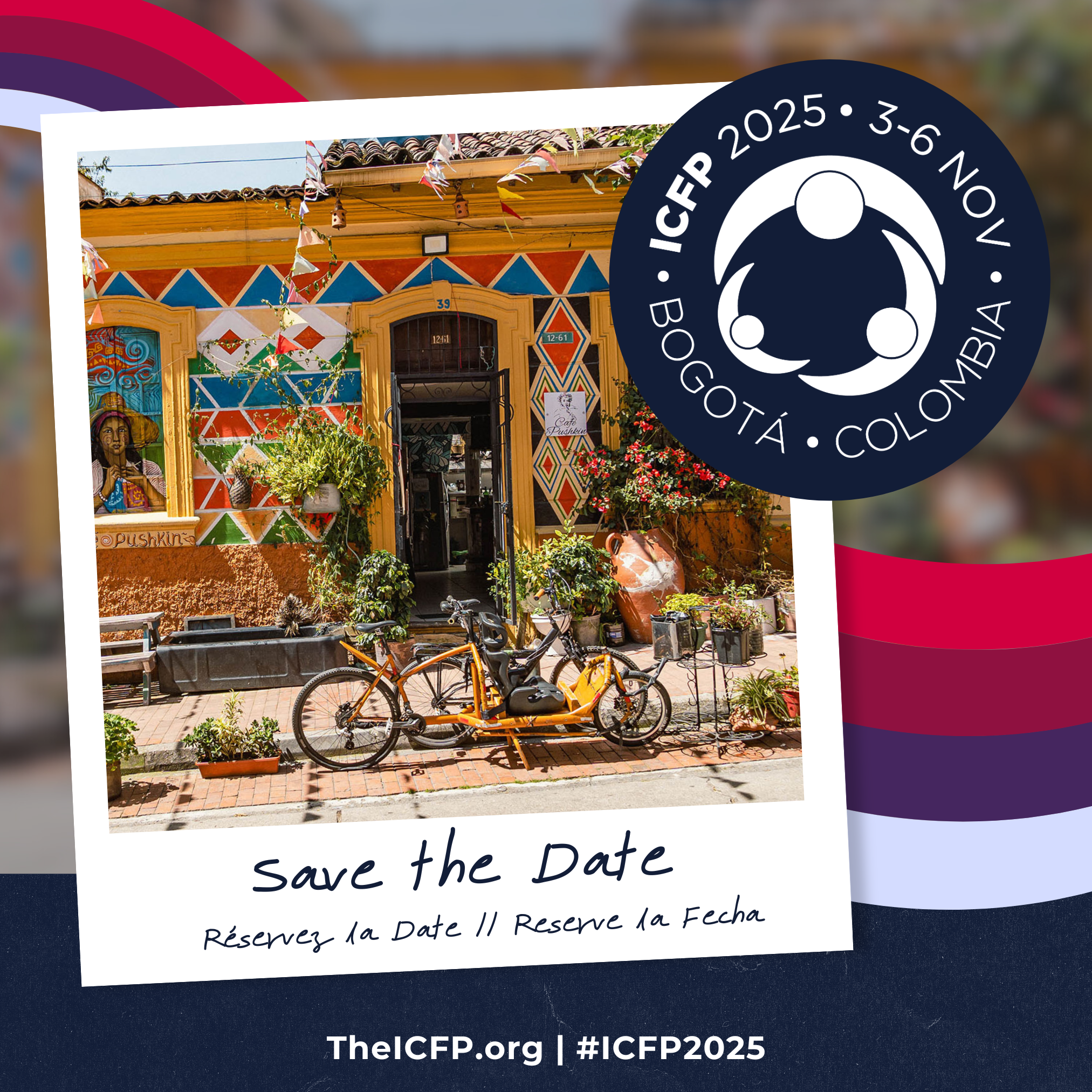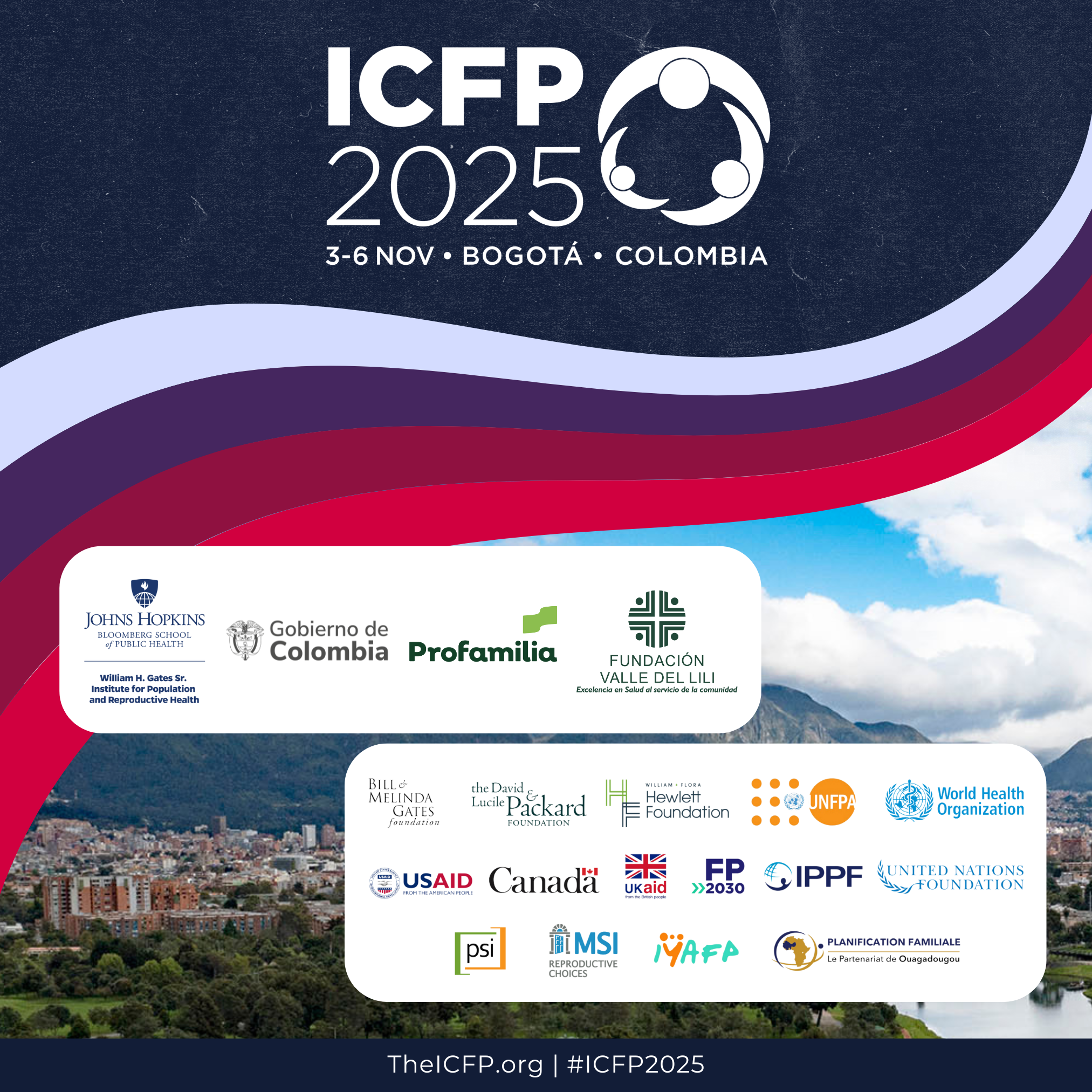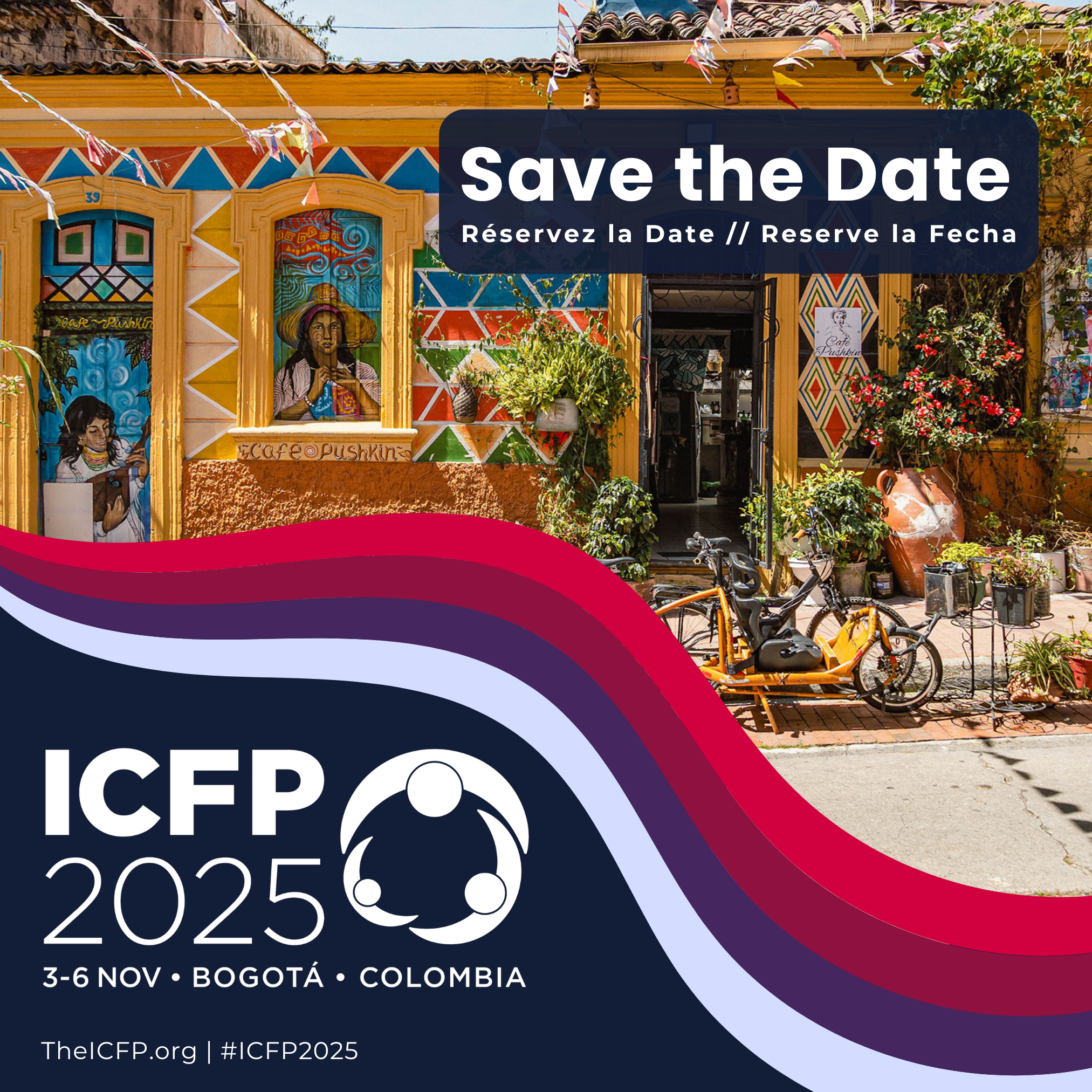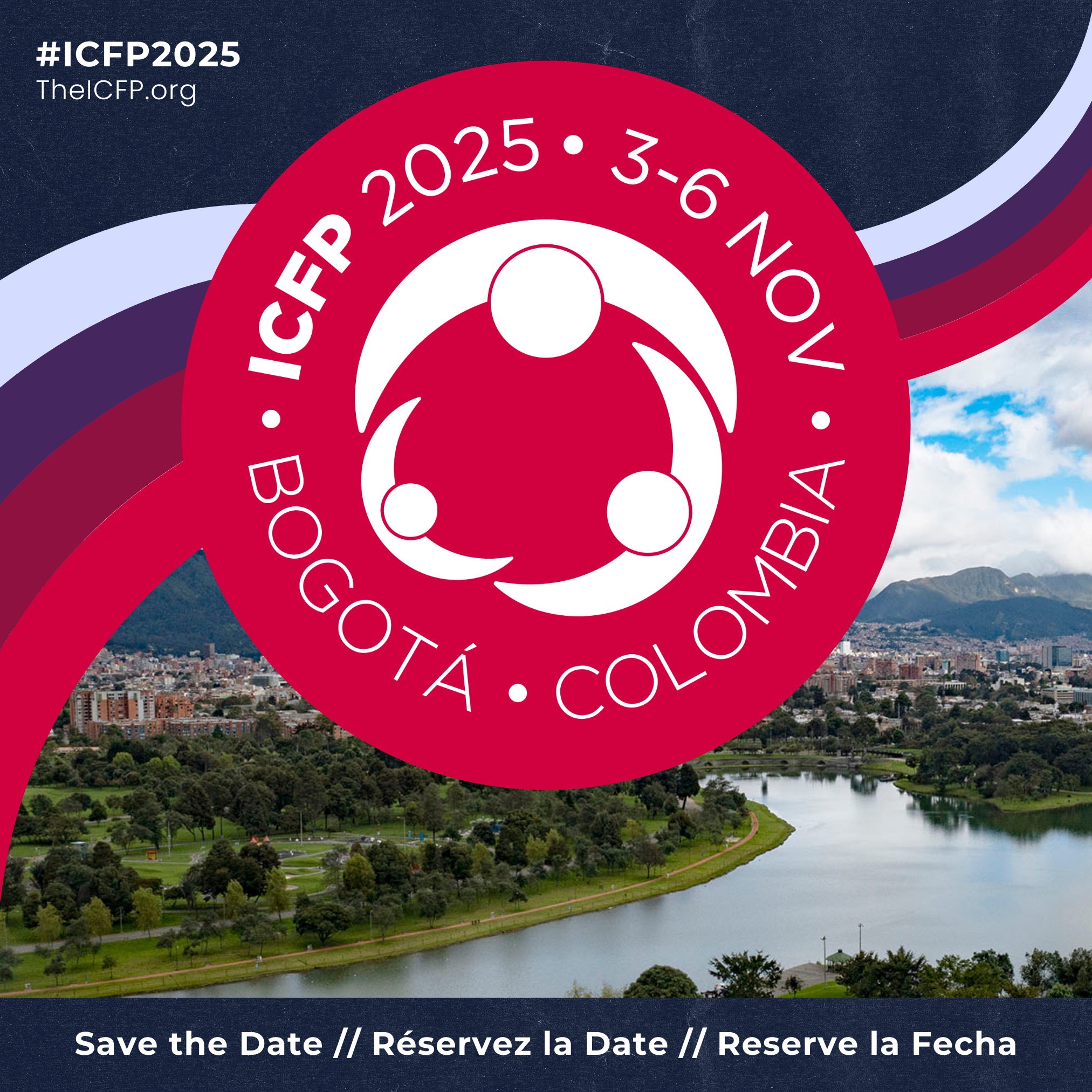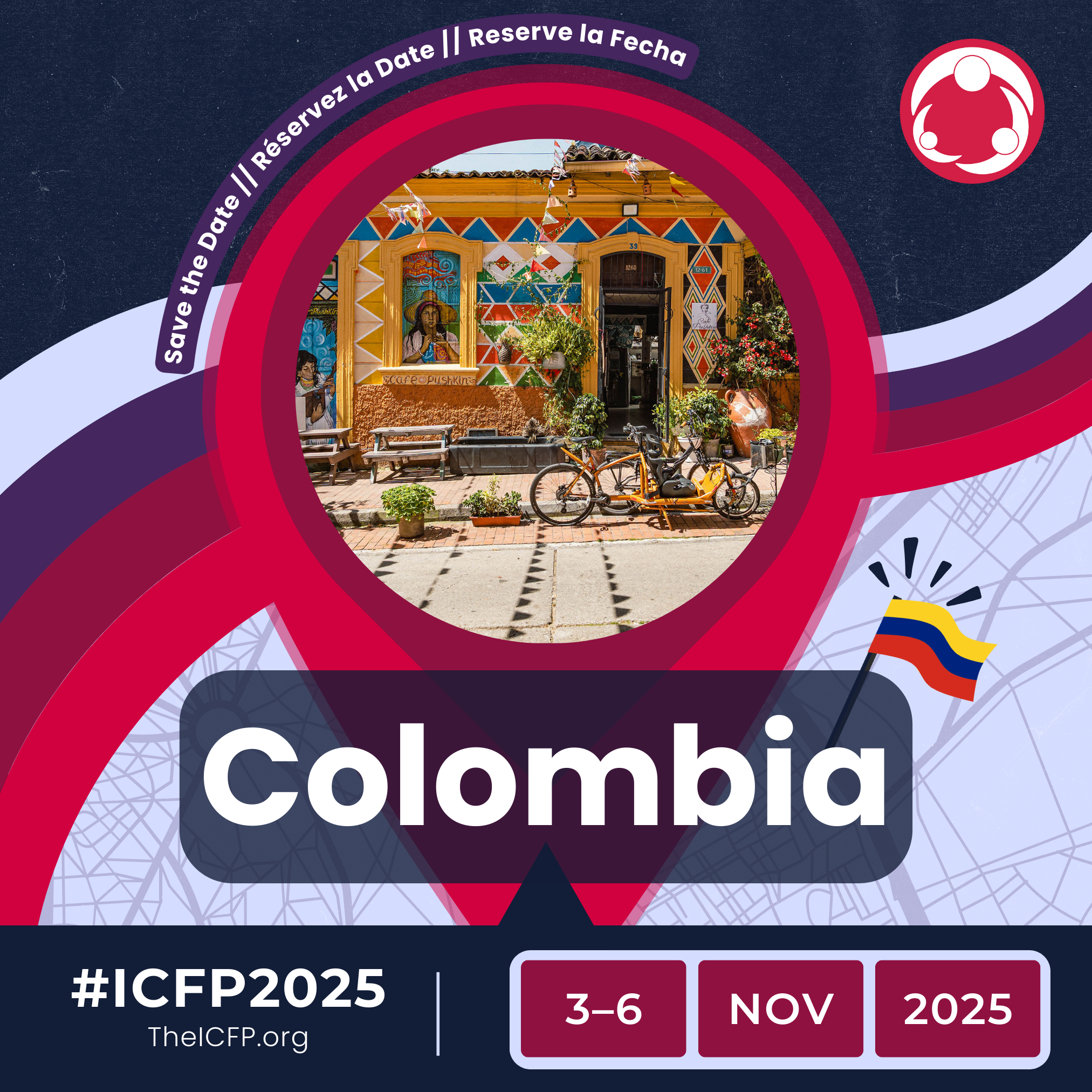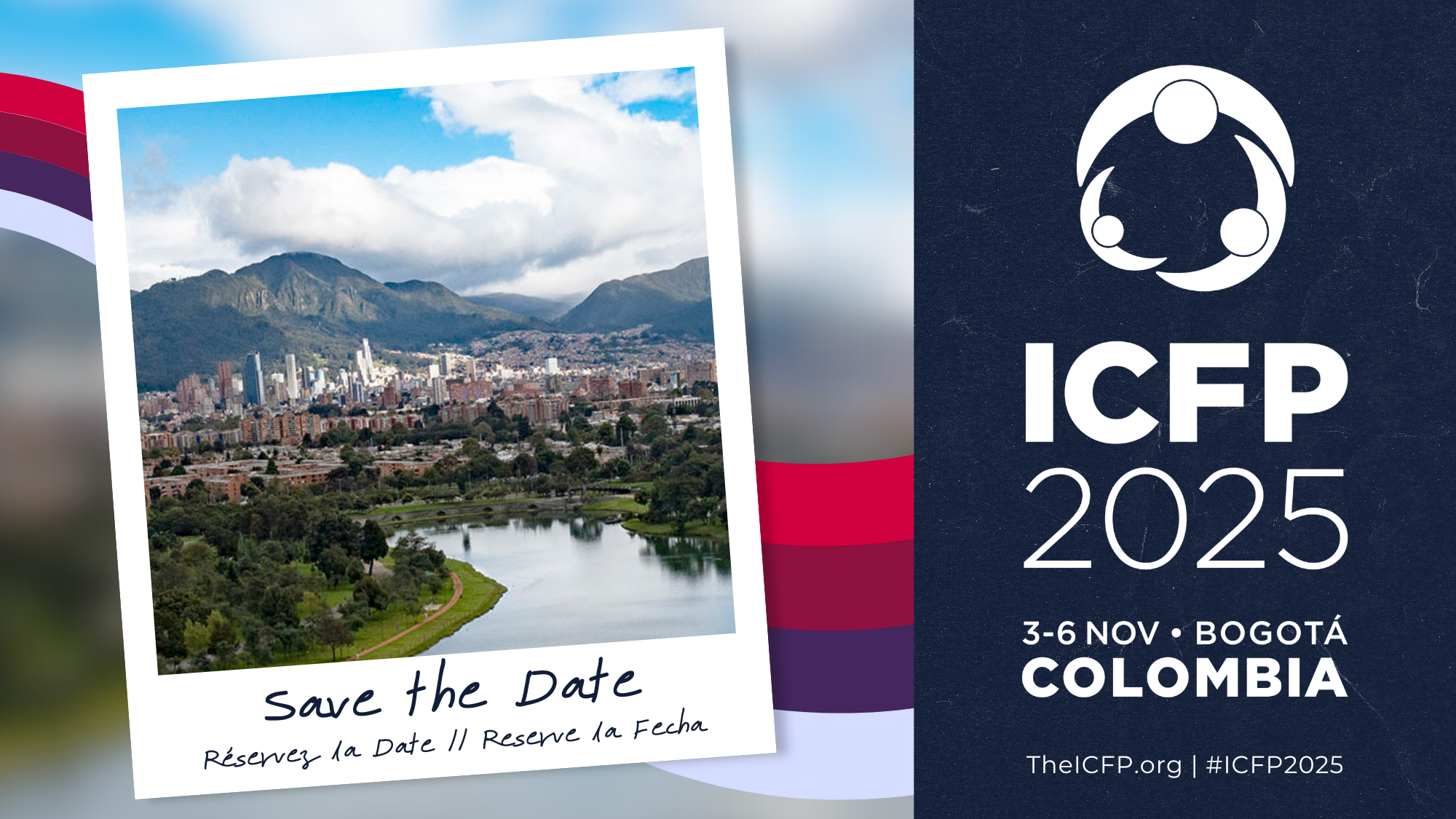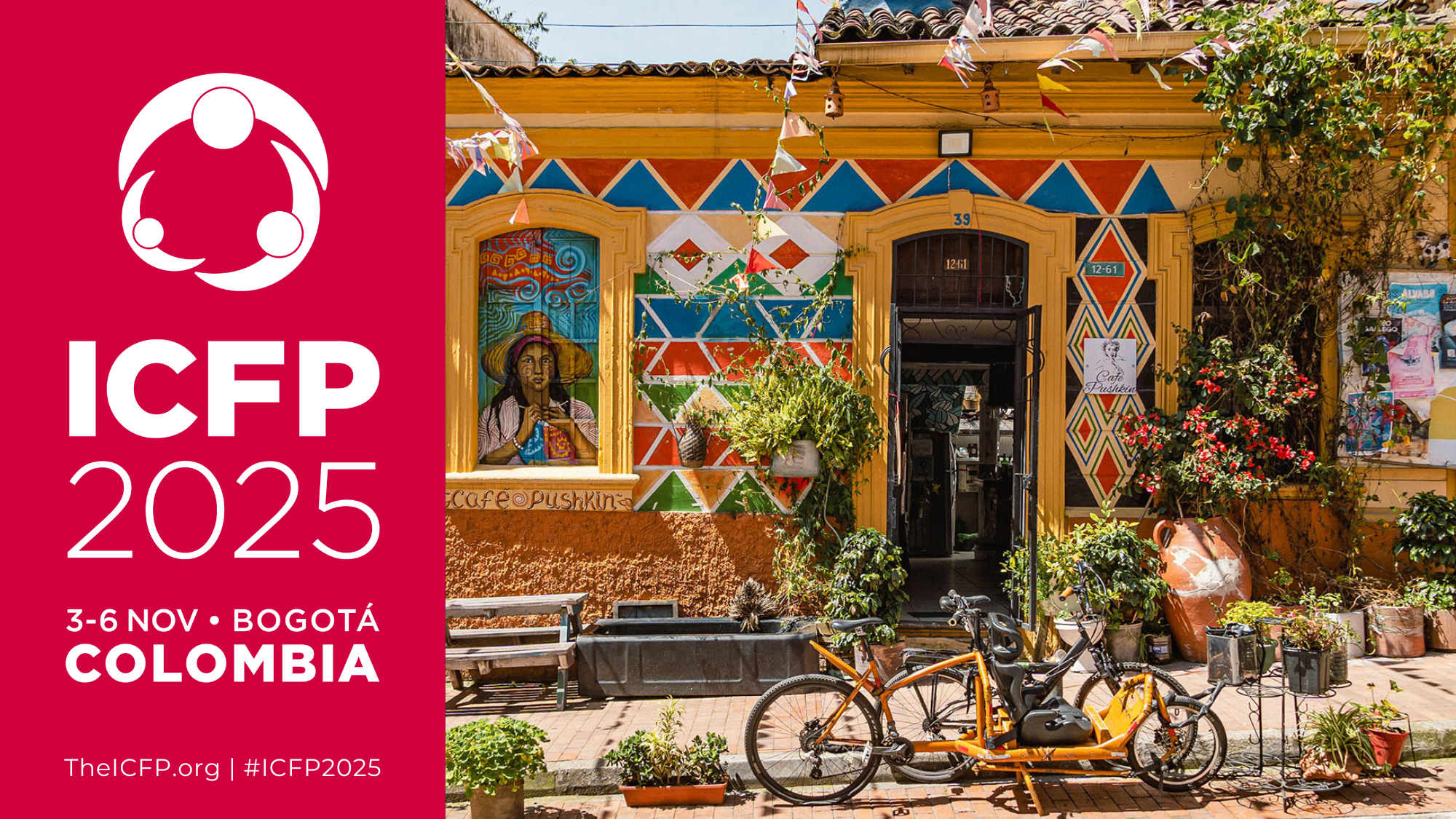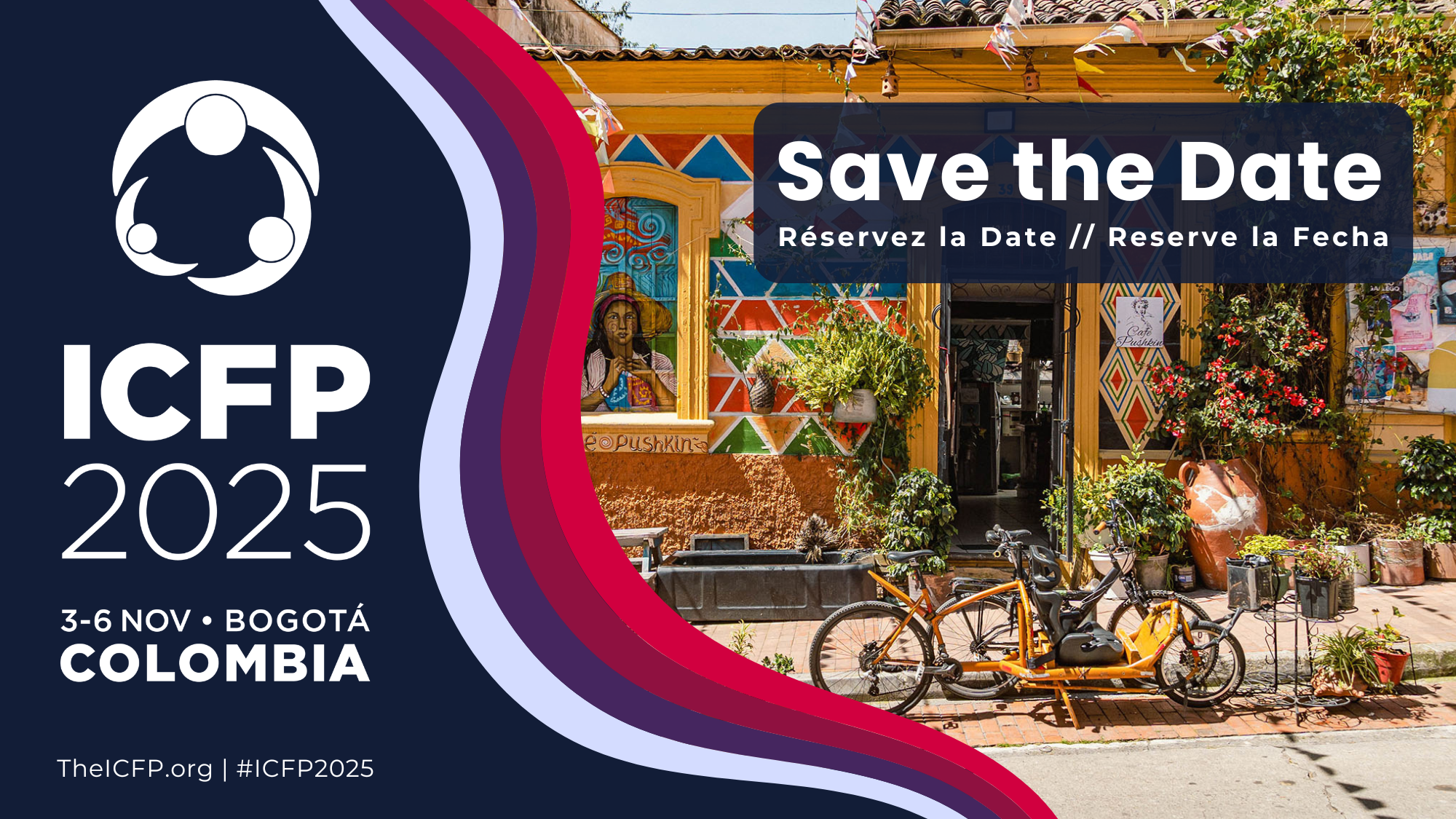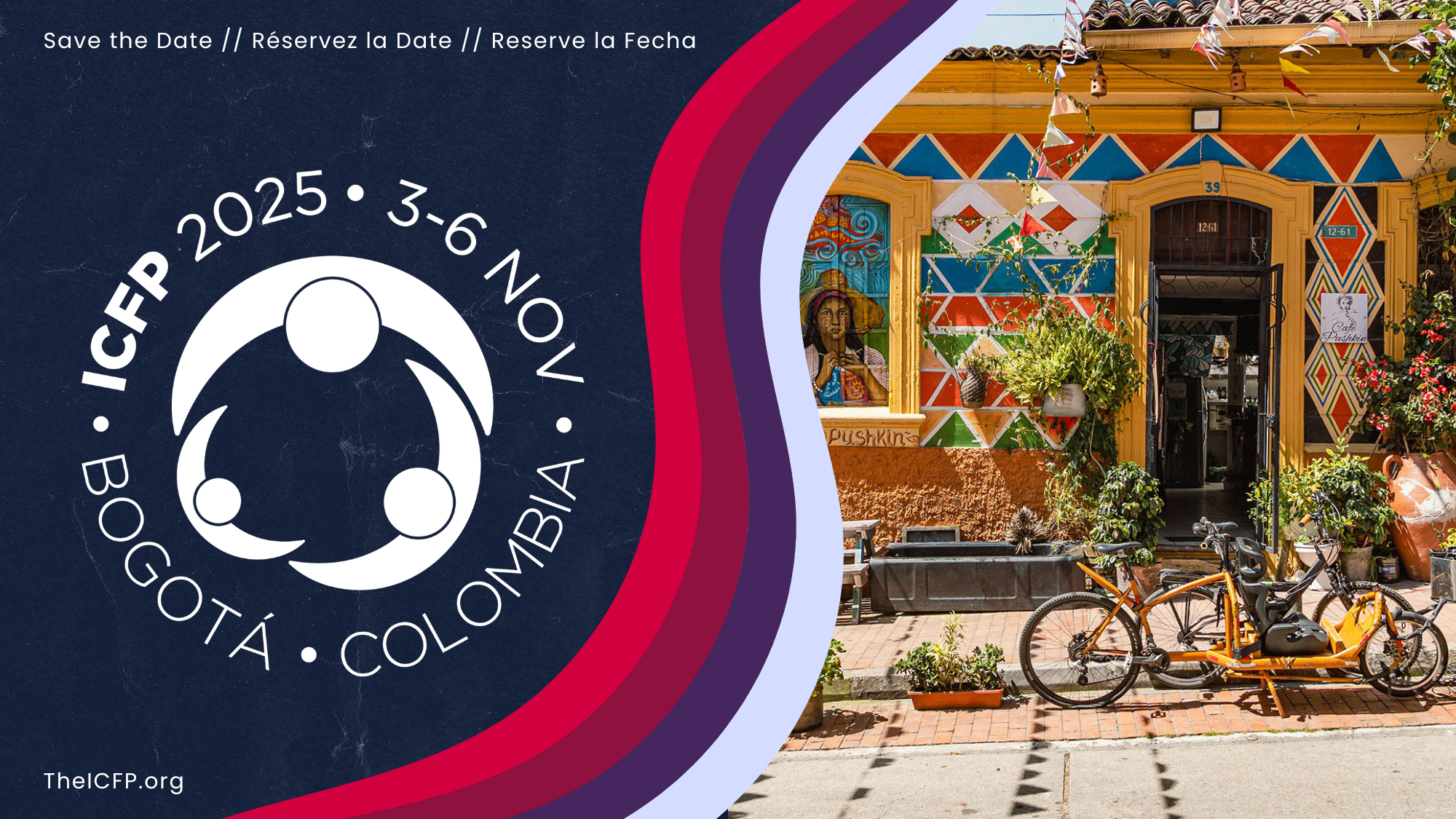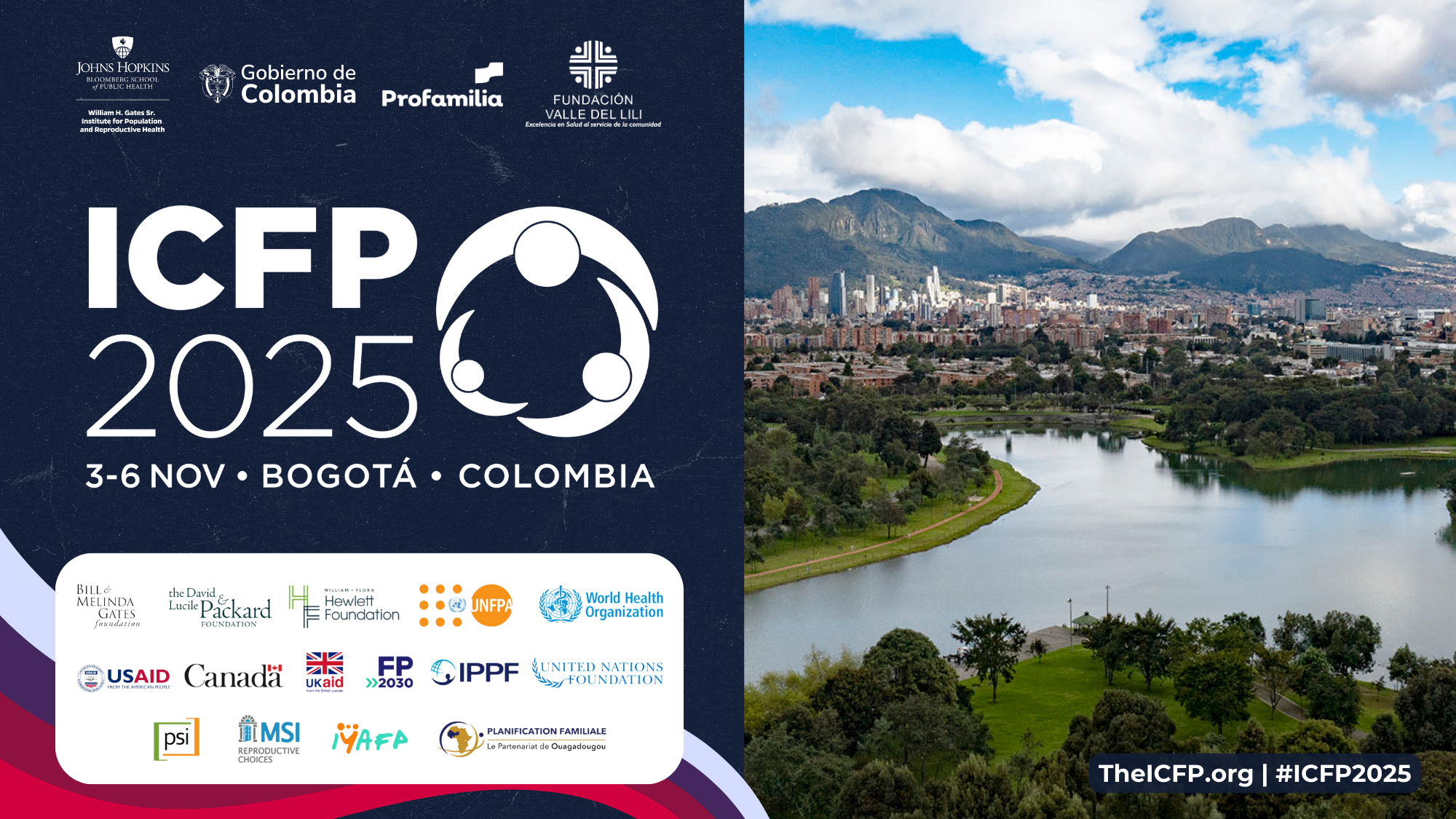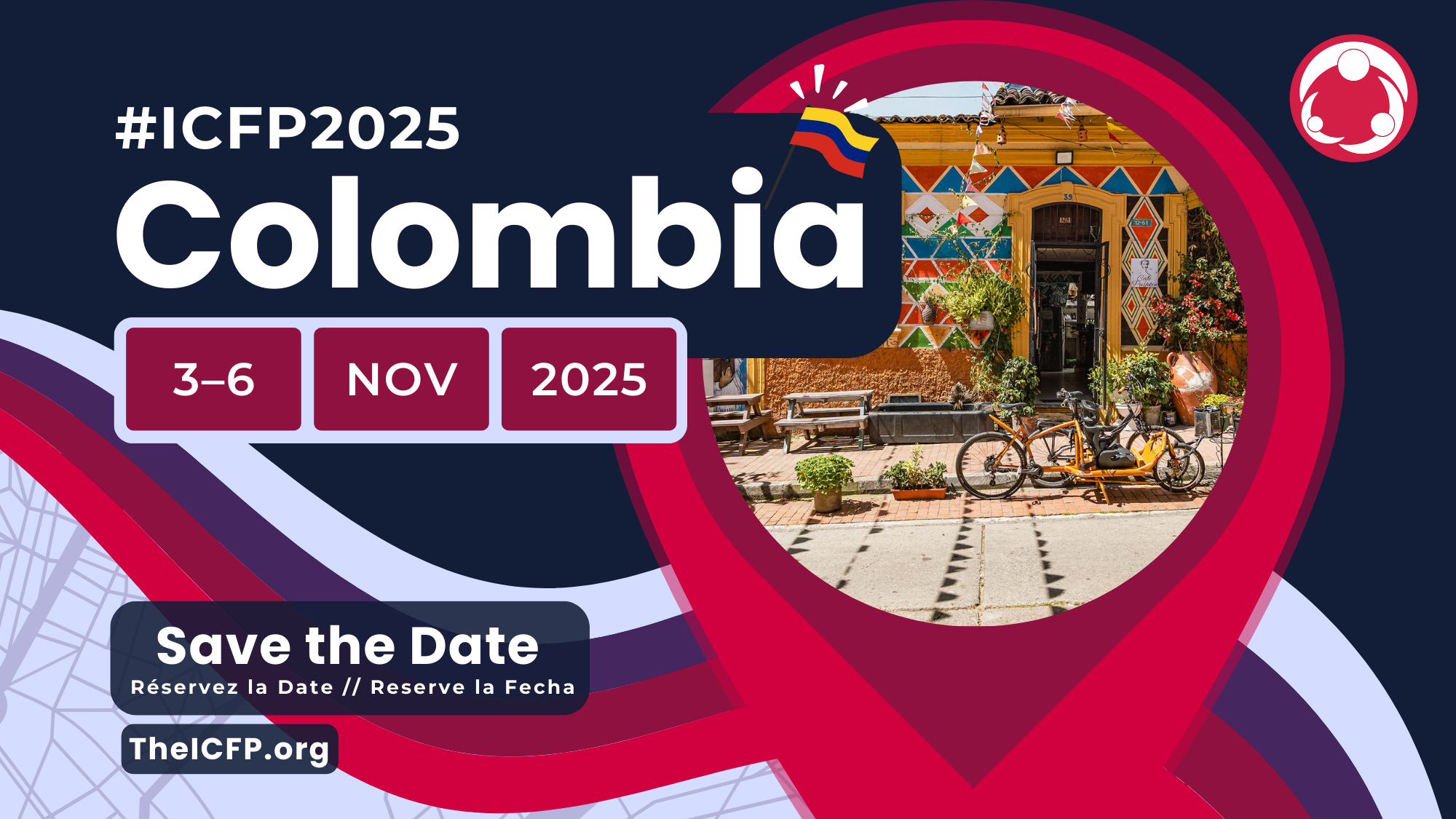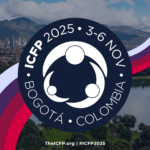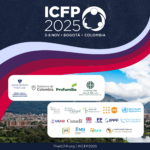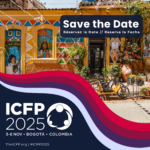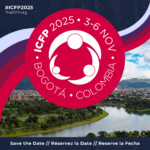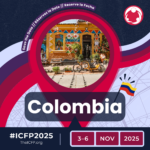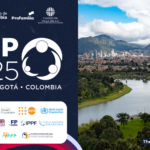International Conference on Family Planning Commences World’s Largest Scientific Conference on Family Planning and Reproductive Health and Rights
Hybrid ICFP2022 draws 3,500 attendees from more than 125 countries to share research innovations, address challenges
PATTAYA CITY, Thailand, November 14, 2022 – The 2022 International Conference on Family Planning (ICFP) opened today in Pattaya City, Thailand, welcoming more than 3,500 global policymakers, ministers, parliamentarians, philanthropic organizations, researchers, scientists, young people, health practitioners, economists, civil society members, community and government leaders, and family planning advocates from more than 125 countries for the world’s largest scientific conference and convening focused on family planning and sexual and reproductive health and rights (SRHR).
The ICFP2022 theme, “Family Planning + Universal Health Coverage: Innovate. Collaborate. Accelerate,” underscores the belief that family planning should be a core component of universal health coverage. Not only is access to family planning and reproductive health services a pillar of good personal health, it is also a critical component of a country’s economic health. ICFP2022 will be a strategic benchmark as the community prepares to recommit to a goal of universal access by 2030.
ICFP2022 attendees will share the latest family planning research and innovations; celebrate progress toward expanding contraceptive services, information and supplies; and highlight the role of political and financial leadership in increasing family planning access and options.
Answering the Call for Post-COVID-19 Action
According to the World Health Organization (WHO), even before the COVID-19 pandemic, at least half of the world’s population could not obtain essential health services, family planning included. The pandemic diverted much-needed funding to the COVID-19 response, leaving health systems weaker and halting the expansion of family planning services. One year after the WHO declared COVID-19 a pandemic, the United Nations Population Fund (UNFPA) estimated that 12 million women experienced disruptions to family planning services during the pandemic, resulting in 1.4 million unintended pregnancies.
“The COVID-19 pandemic further exposed and exacerbated pre-existing social inequities in access to and use of essential family planning services around the world, and the economic and health consequences are more pronounced in low- and middle-income countries,” said Jose “Oying” G. Rimon II, senior scientist and director of the Bill & Melinda Gates Institute for Population and Reproductive Health, and chair of the ICFP International Steering Committee. “It’s a critical moment for us to convene as a global community not only to recognize its resilience amid the pandemic challenges but also to underscore the importance of investing in family planning and take tangible actions to achieve universal health coverage.”
The Most Expansive Scientific Program and Access to Date
A record-breaking 3,100+ abstracts were submitted for ICFP2022, illustrating a growing global interest in family planning and the many ways it promotes human and planetary health, improves education and builds strong economies. This year’s scientific program represents the strongest body of new family planning research presented at an ICFP yet, featuring more than 200 scientific sessions and more than 200 oral and flash sessions across 16 tracks covering a wide diversity of research, program and advocacy topics.
For the first time ever, ICFP is being presented in a hybrid format, allowing delegates to join virtually or onsite. Virtual attendees will have live-streamed access to the most popular scientific sessions, on-demand recordings, plenary hall programming, and interactive features such as polling and Q&A with session moderators and presenters. Also new this year is ICFP LIVE, a free and accessible-to-all, community-driven live-stream broadcast from the conference floor featuring more than 90 compelling discussions that build upon insights gleaned at the conference.
A number of pre-conferences and events also took place 12-14 November leading up to the ICFP2022 programmed conference. More details can be found at https://icfp2022.org/preconference.
Youth Trailblazing in Advocacy Work
Youth have been a driving force behind ICFP2022. Fifty youth leaders under age 35 from around the world working in family planning and SRHR were awarded Youth Trailblazer scholarships to attend the conference and have helped shape the programming. They worked together to develop a youth-led AYSRHR (Adolescents and Youth Sexual and Reproductive Health and Rights) Global Roadmap for Action, which will be presented to the global community during the Youth opening plenary on 17 November.
Opening Plenaries Center on UHC, FP Commitments and Gender Rights
Other opening plenaries include “FP + UHC: Innovate. Collaborate. Accelerate.” on 15 November and “Committed to Progress: Building a Stronger Family Planning Movement, Grounded in Rights” on 16 November. The opening ceremony on 14 November features the ICFP2022 co-hosts: the Bill & Melinda Gates Institute for Population and Reproductive Health, the Thailand Ministry of Public Health (MOPH), the Royal Thai College of Obstetricians and Gynaecologists (RTCOG), and the Population and Community Development Association (PDA).
“Our work is driven by our belief that a fairer future begins when women have access to good health care, economic opportunity, and a place at all decision-making tables,” said Dr. Anita Zaidi, President, Gender Equality Division, Bill & Melinda Gates Foundation. “This future is only possible if women can control their own bodies and lives, which starts with family planning and the power to decide if, when and how many children to have. That’s why investments in women’s health, and especially in family planning, are fundamental to our work.”
The power of family planning is undeniable and transcends health outcomes. Family planning advances economic development by empowering girls and women, expanding their educational opportunities and increasing their participation in the workforce. Family planning supports gender equality by enabling women to control the timing, number and circumstances of giving birth, reducing unplanned pregnancies, putting education and economic opportunities within closer reach, and increasing their ability to participate in decision-making. Family planning supports climate-compatible development by slowing population growth, thereby reducing carbon emissions.
Doubling Down on FP2020 and FP2030 Commitments
ICFP2022 is an opportune venue for governments and the worldwide family planning community to convene for the first time since the onset of COVID-19. This year’s conference comes at a critical crossroads as the world’s population is set to reach 8 billion on 15 November. ICFP2022 will hold leaders accountable to their FP2020 commitments, while seeking renewed commitments to the FP2030 milestones, with a look ahead to the 2030 Agenda for Sustainable Development.
“The past ten years have been full of obstacles for country health systems – wars, political upheavals, natural disasters, deadly disease outbreaks, and lately the COVID-19 pandemic – yet through it all, women everywhere have continued to seek out and use modern contraception in ever-growing numbers,” said Dr. Samu Dube, Executive Director, FP2030. “The world now needs to step up to ensure that we can meet this demand. We are encouraged by the large number of actors that have already committed to expanding access to voluntary, rights-based, high-quality family planning. But now is the time to be even bolder and go bigger, and ensure that we have reliable, robust, and stable funding streams to finance our family planning programs for years to come.”
Thailand is perfectly positioned to serve as co-host of ICFP2022 given the Kingdom’s remarkable success in family planning through strategic partnerships, political will and bold program design. Thailand introduced family planning via a pilot study among rural women in 1966 and transformed the program into a national population policy in 1971, successfully increasing contraceptive use among all women from 15 to 70 percent, and reducing total fertility rate from 6.1 to 1.5.
“Family planning and reproductive health services have grown into a key topic for the Thai people, and are already regarded in the universal health coverage,” said Dr. Sathit Pitutecha, Deputy Minister, Public Health, Thailand. “Family planning services will be increasingly accessible and expanding in service offerings.”
About Bill & Melinda Gates Institute for Population and Reproductive Health
Located in the Department of Population, Family and Reproductive Health at the Johns Hopkins Bloomberg School of Public Health, the Gates Institute is dedicated to the advancement of scholarship and science for social change. The Institute conducts and facilitates cutting-edge research in family planning, adolescent and youth reproductive health and populations dynamics, and translates science into evidence-informed policies, programs and practice. For more information, please visit www.gatesinstitute.org.
About International Conference on Family Planning (ICFP)
Since 2009, the International Conference on Family Planning (ICFP) has served as a strategic inflection point for the global reproductive health community. In addition to being the world’s largest scientific conference on family planning and reproductive health, ICFP serves as an international platform for countries, organizations, and individuals to make important commitments and celebrate achievements. Sponsored by the Gates Institute, the ICFP convenes every two years and is meeting in Pattaya City, Thailand 14-17 November 2022. For more information, please visit www.icfp2022.org.
###
Media Contact:
Katherine Davis
Davis Communication Strategies
katherine@daviscomm.com
+1 303 884 6261


